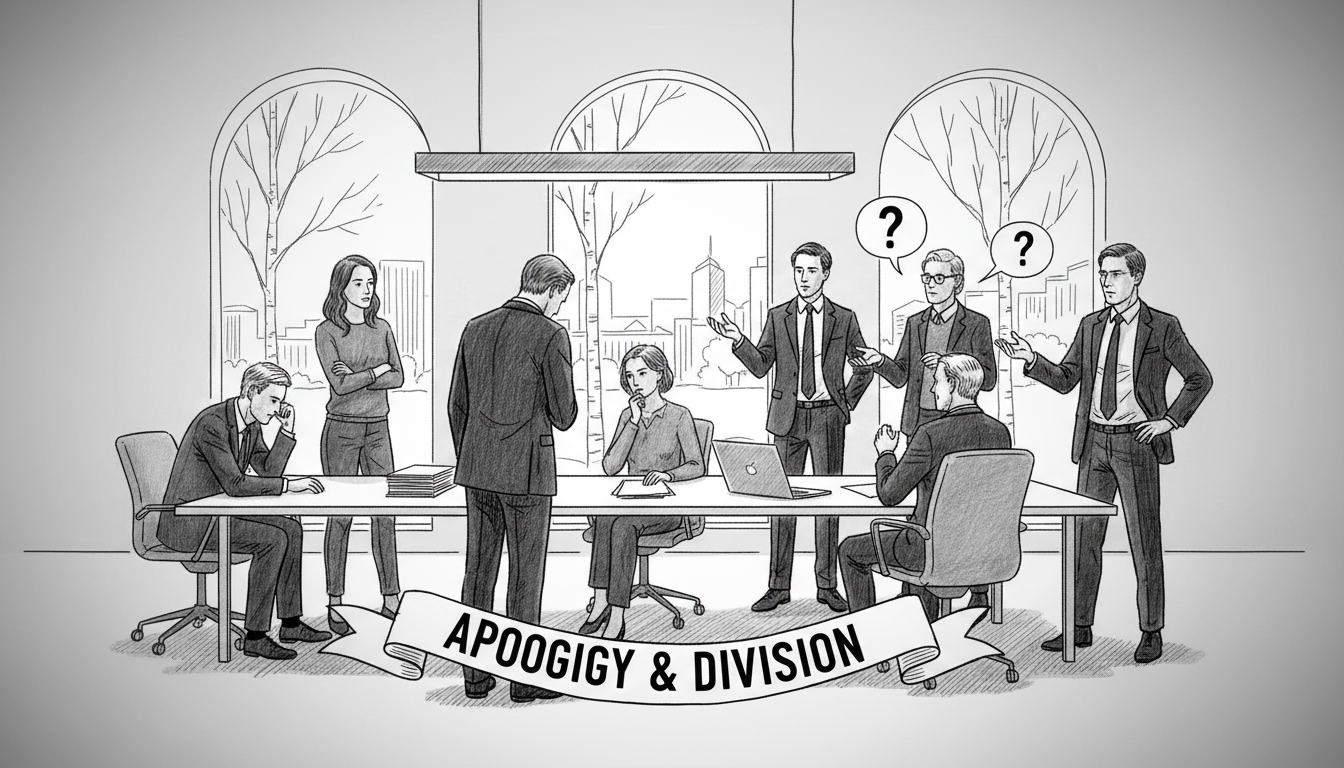The director general of Finland's Social Insurance Institution has issued a formal apology to employees following widespread criticism of his management style and comments about remote work policies. Lasse Lehtonen's apology came after the Kela board convened an emergency meeting to address growing staff dissatisfaction.
The controversy began when Lehtonen made public statements that employees interpreted as dismissive of their concerns about tightened remote work guidelines. In one notable comment, he suggested the agency need not worry about staffing issues because there was ample labor supply available.
Internal documents obtained by media reveal Lehtonen acknowledged his word choices were unsuccessful and failed to show proper respect for Kela professionals. The apology was distributed internally at 7:25 PM on Wednesday, shortly after the board meeting concluded.
Kela's board emphasized the critical importance of maintaining open communication between management and staff, noting this has long been a tradition within the institution. While supporting the moderate increase in office work requirements as justified, board chairman Vertti Kiukas stressed that functioning dialogue is essential for upcoming reforms.
Trust requires internal dialogue, Lehtonen stated in his apology. He admitted his comments in the discussion were not successful and did not demonstrate the respect that Kela's working professionals deserve. The director general promised to build tighter internal communication moving forward.
Employee reactions to the apology have been mixed according to internal sources. Some staff members find it difficult to accept an apology they perceive as written by another management team member and forced. Others feel Lehtonen is mainly apologizing for his word choices rather than the underlying message that employees are replaceable.
Sources indicate relations between senior management and staff remain strained, with no immediate signs that Lehtonen will genuinely change his behavior. The internal video message to staff and written apology have generated dozens of comments on Kela's intranet, reflecting divided opinions among the workforce.
This situation highlights the ongoing tension in Finnish workplaces adapting to post-pandemic work arrangements. Kela, as Finland's primary social security provider, employs thousands of professionals across the country. The agency is currently preparing for major reforms in the coming years, making staff cooperation essential.
Lehtonen previously noted that reception during his regional visits has not been unfriendly, and he has managed to connect well with people. Still, he acknowledged that large organizations naturally contain diverse opinions and perspectives. The director general maintains that Kela is full of skilled professionals capable of working expertly and flexibly through various changes.
The board expressed confidence that communication with staff can be repaired and that Kela can progress toward its reform goals under Lehtonen's leadership. However, rebuilding trust will require consistent effort and genuine behavioral change from management.
Workplace culture experts note that such public management-staff conflicts are particularly sensitive in Finland's consensus-oriented work environment. The outcome of this situation could influence how other Finnish public sector organizations handle similar transitions in work arrangements.

